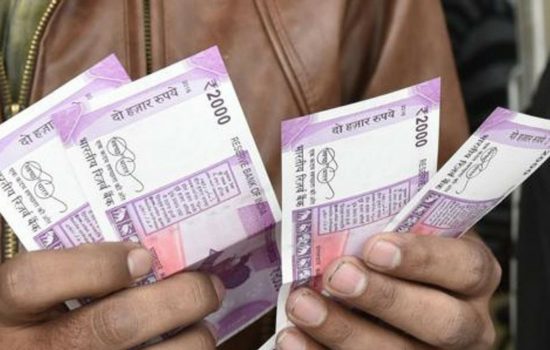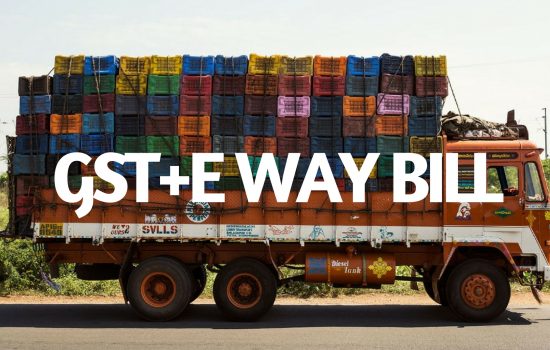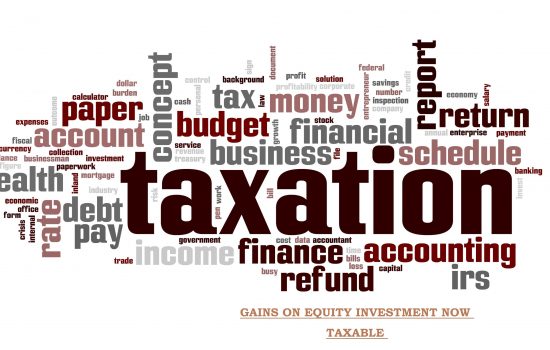In September 2018, the Supreme Court for the first time extended the ‘creamy layer’ to the affluent among the Scheduled Castes (SC) and Scheduled Tribes (ST). Although the judgement dealt with a case regarding reservation in promotion for SC/ST government employees that challenged a 2006 order of the apex court (M. Nagaraj & Others vs. Union Of India) which led the judges to think about having an economic criteria for reservation, not just for the Other Backward Classes (OBC), but also SC/ST communities.
Followed by this, the Supreme Court then questioned Articles 15(4) and 16(4) of the Constitution, which did not mention economic status as a criteria for the special provision of reservation. Then, the BJP Government aimed for the ‘victory of social justice’, that is, to have 10% reservations for economically weaker or backward sections of general category irrespective of caste and religion.
RESERVATION SYSTEM OF UNION GOVERNMENT BEFORE ECONOMIC RESERVATION BILL, 2019
Other Backward Classes (OBC) – 27%
Scheduled Classes (SC) – 15%
Scheduled Tribe (ST) – 7.5%
Total Constitutional Reservation Percentage – 49.5%
RESERVATION SYSTEM OF UNION GOVERNMENT AFTER ECONOMIC RESERVATION BILL, 2019
Other Backward Classes (OBC) – 27%
Scheduled Classes (SC) – 15%
Scheduled Tribe (ST) – 7.5%
Economically Backward Section of General Category – 10%
Total Constitutional Reservation Percentage – 59.5%
The Constitutional (124th amendment) Bill was passed in the Upper House with 165 members voting in favour and only seven in against.
After the bill got approved from both the houses, it went for a final approval on 12th January, where ‘President Shri Ram Nath Kovind’ gave his assent to the constitutional provision to provide 10-per cent reservation in government jobs and education to economically backward section in the general category which became The Constitution (103 Amendment) Act, 2019.
The highlights of the bill are:-
1. It has amended Article 15 of the Constitution to provide reservations to economically weaker sections for admission to educational institutions including private educational institutions, whether aided or unaided.
2. It has amended Article 16 of the Constitution to provide reservations to people from economically weaker sections in government posts.
3. It is expected to benefit the economically weaker segments of upper-caste Hindus as well as other religions.
4. People with income below Rs 8 lakhs annually owning less than five hectares of agricultural land, residential property of less than 1,000 sq. ft. and a residential plot less than 109 square yards in a notified municipality, or 209 square yards in a non-notified municipality are eligible for this quota
With the new bill, the government hopes to reserve 10 per cent government jobs and seats in educational institutes for the poorer section of the society, irrespective of their religion or caste, thus providing reservations to the upper caste that have traditionally been not entitled to any quota.
Our Corporate Professional Team is ever willing to provide assistance on any issue concerning GST, Insolvency and Bankruptcy Law, Business Model Advisory in India and Abroad, Customs Law, Corporate & Commercial Advisory, IPRs. Secretarial Compliance, Agreement Drafting & Negotiations etc. you may write us on connect@lawyer.legallands.com,
Best Regards,
Corporate Professional Team




































[…] Read Also :- ECONOMIC RESERVATION BILL, JANUARY 2019 […]